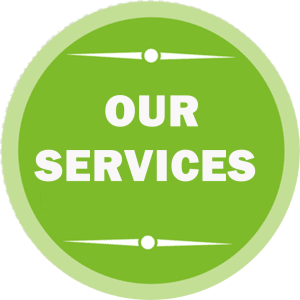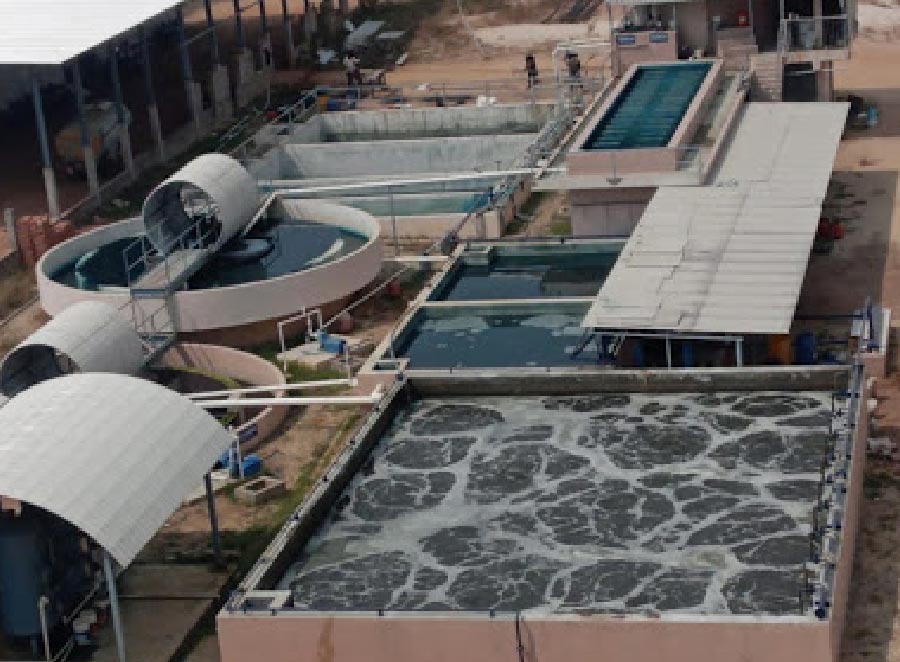
- Clearance from Tamil Nadu pollution Control Board (TNPCB)
- Turnkey Project (ETP, STP, WTP, RO & ZLD)
- Air Survey, Stack & Noise Monitoring
- Water, Wastewater & soil analysis
- Operation & Maintenance (ETP, STP, WTP, RO & ZLD)
- Supply of Chemicals & Spares
Hazardous & Non-Hazardous Waste Management
We provide environmental solutions for the safe disposal of hazardous and non-hazardous waste. We are authorized by Tamil Nadu Pollution Control Board to pre-process the hazardous, non-hazardous, plastic and biomass waste. We have a wide connection with the major cement industries, waste recyclers, common hazardous waste disposal facilities, pre-processors and utilizers of hazardous waste across Tamil Nadu.




Water Treatment Plants
Wastewater treatment is a technique that cleans up and gets let go of contaminants in wastewater. The effluent is reused for a variety of purposes or returns to the water cycle, having a suitable impact on the environment water reclamation. Different types of wastewater are treated at the proper amount of wastewater treatment facilities. The primary objective of wastewater treatment is to make the treated wastewater safe to dispose of or use again.
Sewage Treatment Plants
Sewage treatment may also be referred to as wastewater treatment, although the latter is a broader term which can also be applied to purely industrial wastewater. For most cities, the sewer system will also carry a proportion of industrial effluent to the sewage treatment plant which has usually received pre-treatment at the factories themselves to reduce the pollutant load. If the sewer system is a combined sewer then it will also carry urban runoff (storm water) to the sewage treatment plant.




Effluent Treatment Plants
Industrial wastewater treatment covers the mechanisms and processes used to treat wastewater that is produced as a by-product of industrial or commercial activities. After treatment, the treated industrial wastewater (or effluent) may be reused or released to a sanitary sewer or to surface water in the environment.
Reverse Osmosis Plants
Reverse Osmosis (RO) is a water purification technology that uses a semi permeable membrane to remove ions, molecules and larger particles from drinking water. In reverse osmosis, an applied pressure is used to overcome osmotic pressure, a colligative property that is driven by chemical potential differences of the solvent, a thermodynamic parameter. Reverse osmosis can remove many types of dissolved and suspended species from water, including bacteria, and is used in both industrial processes and the production of potable water. The result is that the solute is retained on the pressurized side of the membrane and the pure solvent is allowed to pass to the other side.




Zero Liquid Discharge Plants
Zero liquid discharge (ZLD) is a systematic wastewater management system that involves ensuring that there will be no discharge of industrial wastewater into the environment. It is performed by first recycling wastewater, accompanied by recovery and reuse for industrial purposes. Zero liquid discharge is a reducing technique to wastewater treatment that combines fractional electrode ionization, evaporation/crystallization, reverse osmosis, and ultra filtration.
Air Pollution Control System
Air Pollution control system is reducing air pollution that is used to filter and remove dusts from industrial exhaust and emissions. Almost every stage of the industrial process raw material sourcing, product manufacturing, maintenance and repair services, and distribution generates air pollutants. A wide range of businesses have access to various types of air pollution control equipment for air pollutants produced by both mobile and stationary sources.


